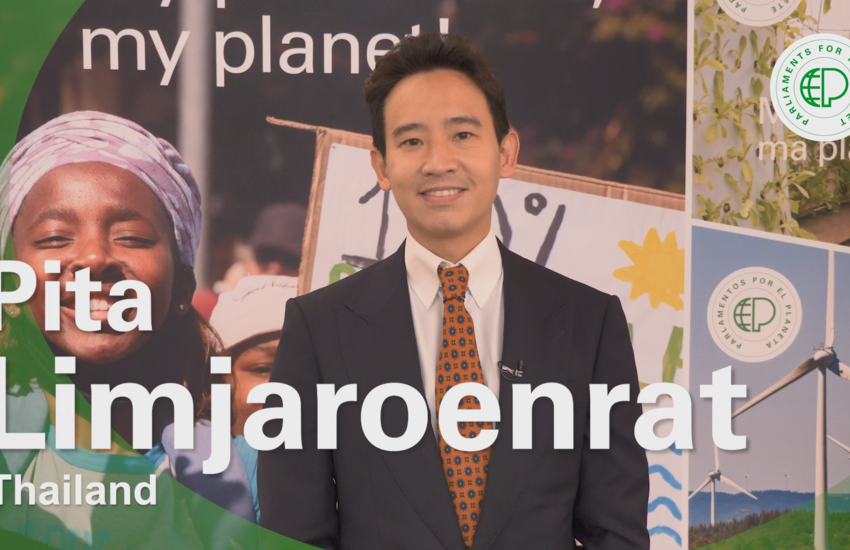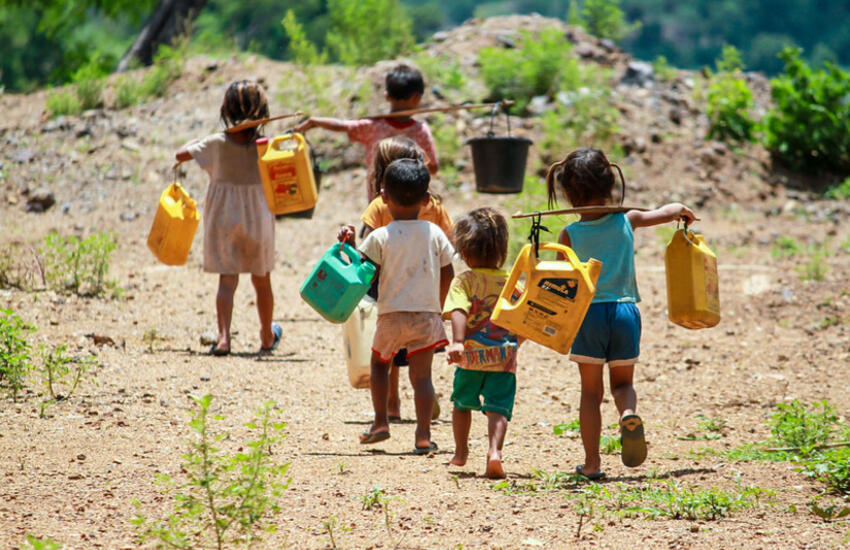The adoption of solar power on the Senate’s premises efficiently cuts down on carbon emissions and energy consumption.
In a bid to minimize emissions and pollution, conventional fossil-fuel vehicles have been phased out in favour of electric sweeper vehicles. These eco-friendly vehicles are used to maintain cleanliness and collect waste within the Senate compound.
The Parliament has also taken active measures to reduce unnecessary staff travel and encourage eco-friendly modes of transportation like bicycles.
Digitalization has become integral to the Senate’s daily operations, dramatically reducing paper consumption and waste.
The Parliament has put in place a waste recycling programme, using plant waste to create decomposed fertilizers that are used across the parliamentary gardens.
The Senate’s grounds have undergone a remarkable transformation, now featuring an impressive array of trees that has transformed the area into one of Phnom Penh’s largest green spaces.
Beyond the infrastructural changes, a green culture has taken root within the Parliament and among those who work in it, according to parliamentary authorities who use slogans like “do more with less” and "3Es: Effectiveness, Efficiency and Economy”.
Future ambitions
In the near future, Cambodia’s Parliament has ambitious plans to further enhance its sustainability efforts in three areas:
1. Waste management and wastewater treatment: The Parliament is set to establish a comprehensive waste management system, complete with a wastewater treatment facility. This system will recycle water for watering gardens and trees, aligning with a sustainable water usage approach.
2. Policy on plastic usage: A policy to reduce the use of plastic within the parliamentary premises is in the pipeline.
3. Transition to an e-Parliament: Cambodia’s Parliament is actively working towards transforming into an e-Parliament, thereby reducing paper use and aligning with modern sustainable practices.
Many of the measures implemented by Cambodia are contained in the IPU’s 10 actions for greener parliaments and those who work in them.
Find out more about the IPU’s climate campaign Parliaments for the Planet.












